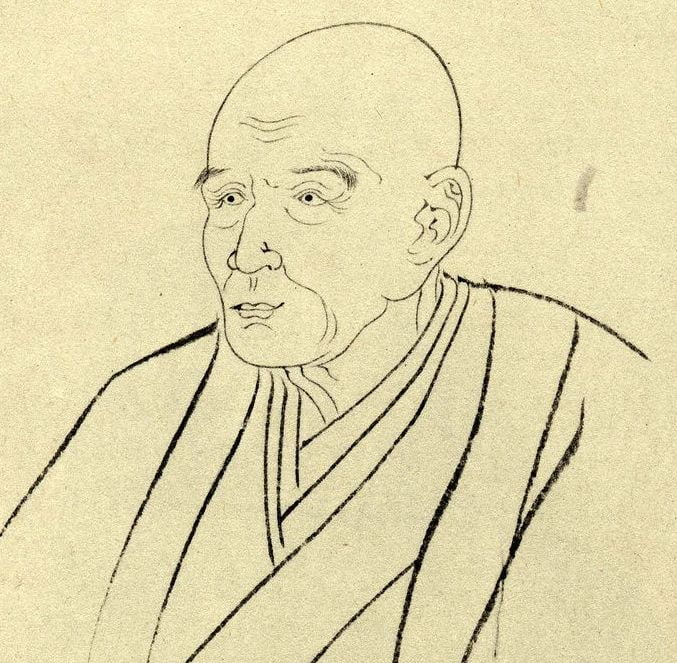A Fickle Widow (Anonymous: 15th Century A.D., or before)
A Fickle Widow, which also appeared originally in the Marvellous Tales, presents a striking contrast to The Story of Ming-Y. If the author was interested in pointing a moral, he was yet more interested in satirizing the frailties of human nature. It is impossible to tell whether there was a common source for this story and The Matron of Ephesus (the tale is retold by Anatole France), but in view of the lack of evidence it is reasonable to conclude that the Roman writer, like the Chinese, was inspired by a certain scepticism regarding the fidelity of the other sex.
This story is translated by R. K. Douglas, and appears in the vol-ume Chinese Stories, published in 1893 by William Blackwood & Sons, publishers, by whose permission and that of Mr. R. K. Douglas it is here reprinted.
A Fickle Widow (From Marvellous Tales, Ancient and Modern)
At a distance from the capital, and in the peaceful retirement of the country there dwelt many centuries ago a philosopher named Chwang, who led a pleasurable existence in the society of his third wife, and in the study of the doctrines of his great master, Lao-tsze.
Like many philosophers, Chwang had not been fortunate in his early married life. His first wife died young; his second he found it necessary to divorce, on account of misconduct; but in the companionship of the Lady T’ien he enjoyed a degree of happiness which had previously been denied him. Being a philosopher, however, he found it essential to his peace that he should occasionally exchange his domestic surroundings for the hillsides and mountain solitudes. On one such expedition he came unexpectedly on a newly made grave at the side of which was seated a young woman dressed in mourning, who was gently fanning the new mound. So strange a circumstance was evidently one into which a philosopher should inquire. He therefore approached the lady, and in gentle accents said, “May I ask what you are doing?”











